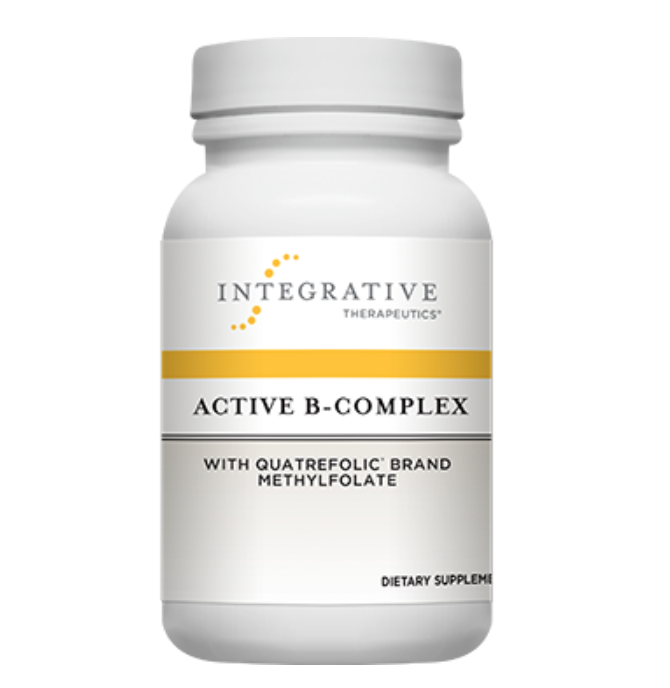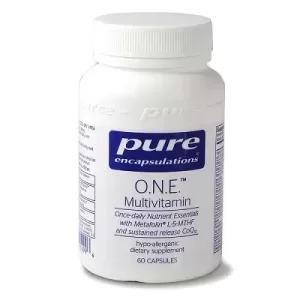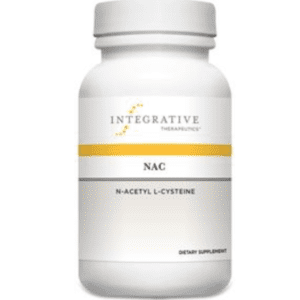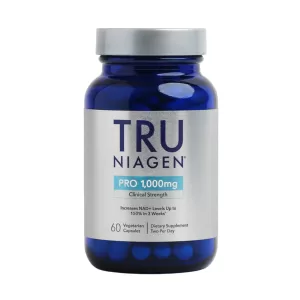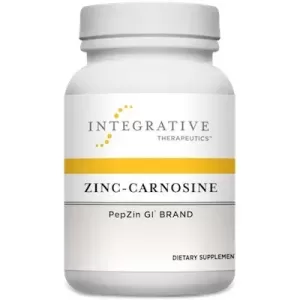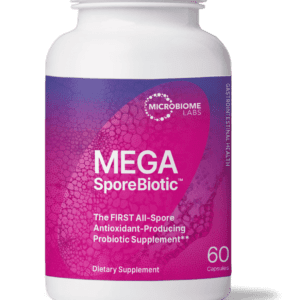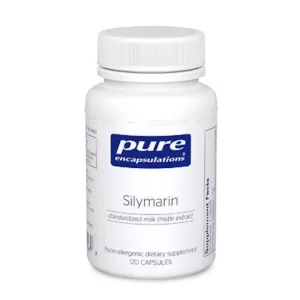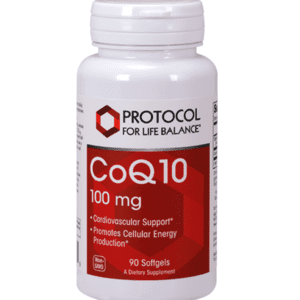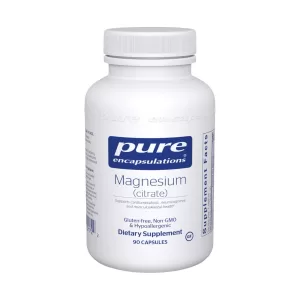Product Description
Active B-Complex
Comprehensive B Vitamin Complex Support – Highly Bioavailable Forms
Hypoallergenic, Foundational Nutrition
Active B-Complex is a balanced, hypoallergenic B-complex featuring the active forms of vitamins B2 (riboflavin), B6 (pyridoxine), B12 (cobalamin) and folate. This B-complex vitamin also contains thiamin (B1), niacin (B3), biotin, pantothenic acid (B5), choline and inositol.
The B12 and folate are in the methylated form, methylcobalamin and 5-methyltetrahydrofolate (5-MTHF), respectfully. These methylated forms of Vitamin B12 and folate are directly usable by the human body as methyl donors and support healthy methylation pathways.
Roles of the B Vitamin Family
Each B vitamin has a unique structure and performs vital, unique functions in the human body.
- Vitamin B1 (thiamin) is involved in numerous body functions, including nervous system and muscle functioning; the flow of electrolytes in and out of nerve and muscle cells; various enzyme processes; carbohydrate metabolism; and the production of hydrochloric acid in the stomach.
- Vitamin B2 (riboflavin) is involved in vital metabolic processes in the body and is necessary for normal cell function, growth, and energy production.
- Vitamin B3 (niacin, niacinamide) is metabolized to form niacinamide adenine dinucleotide (NAD), niacinamide adenine dinucleotide phosphate (NADP), and nicotinuric acid, all coenzymes necessary for cell function.
- Vitamin B6 (pyridoxine) is required for the synthesis of the neurotransmitters serotonin and norepinephrine, for myelin formation, and for amino acid metabolism.
- Vitamin B12 (cobalamin) exists in the body in coenzyme forms that are active in cardiovascular, neurological, gastrointestinal, musculoskeletal, and other body systems.
- Folates play a role in the synthesis of DNA and RNA, as well as being involved in homocysteine and vitamin B12 metabolism. Folates are also needed for optimal functioning of the central nervous and immunological systems.
- Biotin is needed by the body to help convert certain nutrients into energy. It also plays an important role in the health of hair, skin, and nails.
- Vitamin B5 (pantothenic Acid) is involved with making blood cells, and is involved with converting food into energy.
- Choline is technically not a B vitamin, but a nutrient that works with B vitamins. It impacts liver function, healthy brain development, muscle movement, the nervous system and metabolism.
- Inositol is considered part of the B complex (though technically not a B-vitamin). Inositol is a fundamental ingredient of cell membranes and cell-to-cell communication. Inositol supports healthy nerve, brain, and muscle function.
The Preferred Form of Folate
Because humans cannot synthesize folates, they must obtain them from dietary sources. (6S)-5-methyl-tetrahydrofolate (known as 5-MTHF or L-methylfolate) is the predominant form of dietary folate and the only species normally found in the circulation, and thus it is the folate normally transported into peripheral tissues for use in cellular metabolism.
Cellular metabolism of L-methylfolate begins with conversion to tetrahydrofolate in what is known as the “methylation cycle.” There is some evidence that the metabolic capacity of intestinal cells to reduce folic acid may be limited in some individuals.
Quatrefolic is a novel form of folate that is stabilized as a salt of glucosamine. It is estimated to be 100 times more soluble than the commonly used calcium salt of 5-MTHF. Supplementation with the folate derivative is thought to confer the beneficial effects associated with folic acid, but without requiring the body to convert it from folic acid.
From Integrative Therapeutics.

